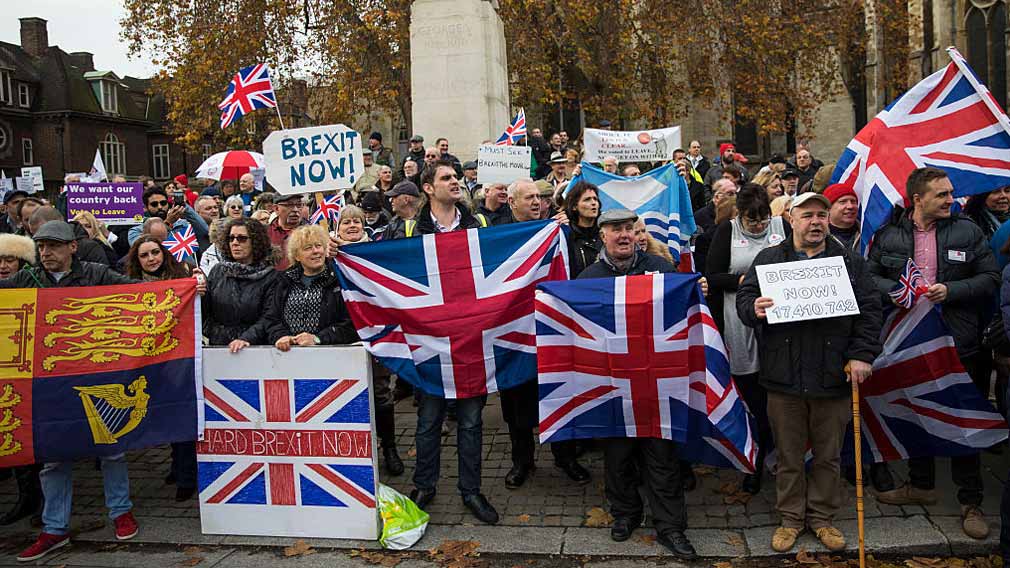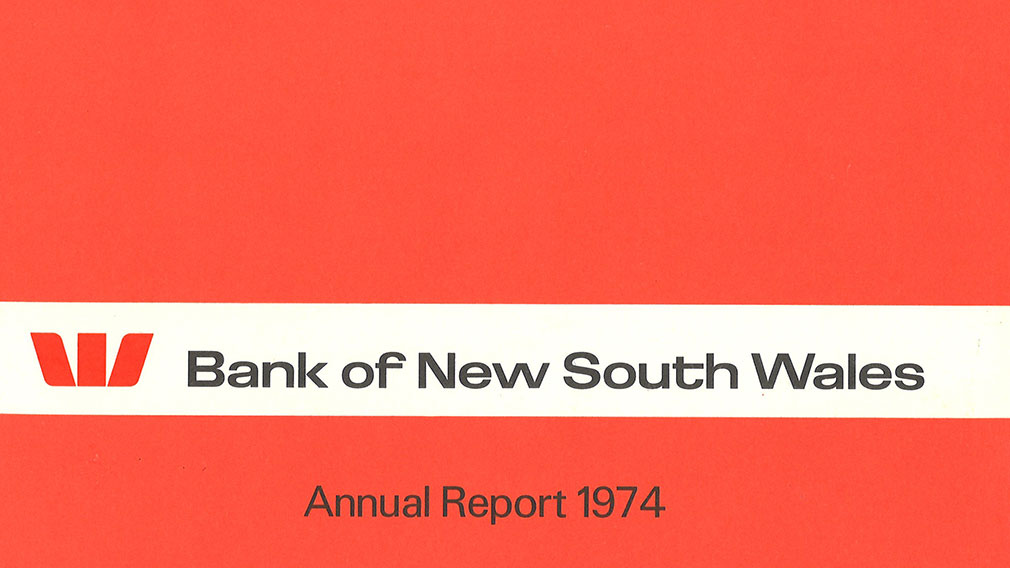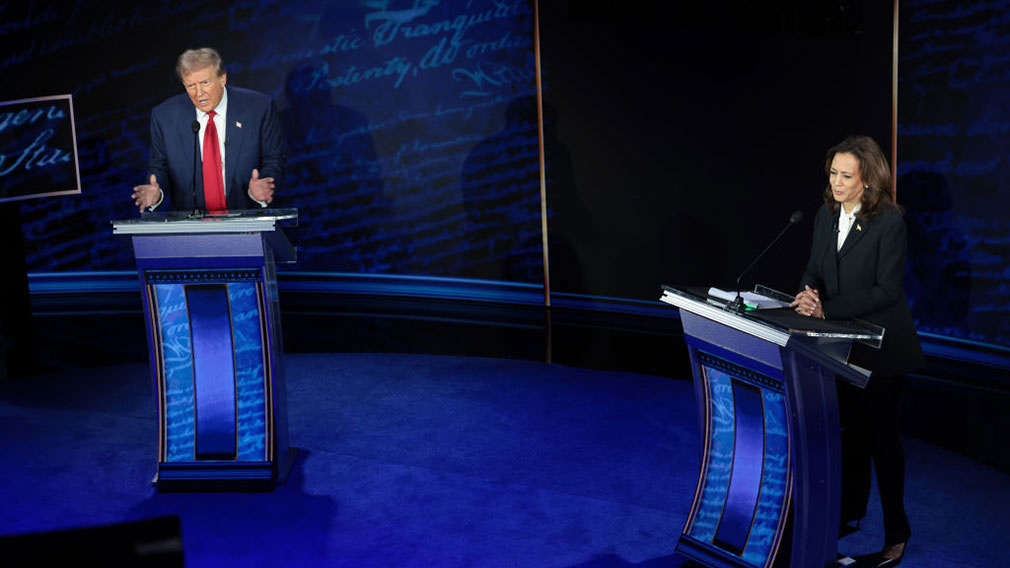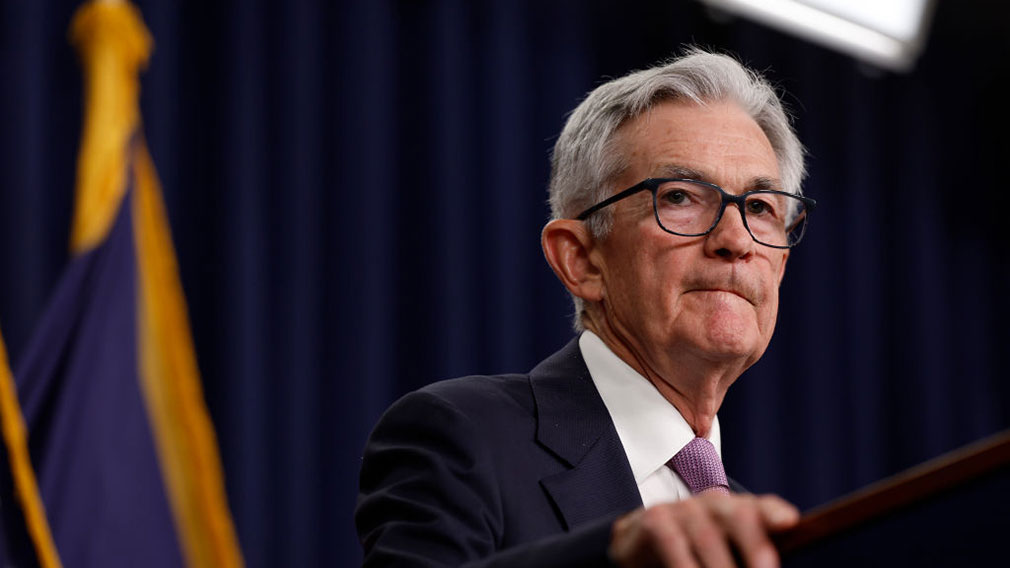Navigating geopolitical risk in an ever-riskier world

(Getty Images)
Corporate treasurers have a lot more to think about today in terms of geopolitical risk than they did two or three years ago.
A series of events, such as the UK’s Brexit vote and the election of Donald Trump as US President, have added volatility and unpredictability to a world already grappling with a slowdown in the Chinese economy, which has been an engine of global growth for the later part of this century.
This heightened sense of risk has elevated the need for corporate treasurers to stay close to their bank strategists and economists who watch and interpret these markets daily. Today’s volatility and shorter market cycles only increase the need to swiftly respond on this intelligence with appropriate solutions to manage their exposures.
A look around the world today shows that many of these risks are still present.
The UK triggered Article 50 and commenced a potentially lengthy and messy divorce from the European Union in March, an event which has also prompted calls for a second referendum on Scottish independence.
In the US, President Donald Trump’s first months in office have seen a succession of controversies, and the rolling out of a potentially much more protectionist world view which contains the seeds of conflict with China, Russia and North Korea.
Add to that the ongoing turmoil in the Middle East, an upcoming referendum in Turkey which may entrench the executive power of President Erdogan, and elections in France and Germany which will test the strength of the “new populism” and the world looks set for a bumpy ride.
Nothing Happens until it Happens
For corporates, however, the task is to understand the extent to which these headline events will actually impact on their operations.
Just because the political climate is creating volatility on global equity markets, for example, does not necessarily mean that there are negative impacts on a company’s ability to do business and on its bottom line.
At a corporate level, this requires stepping back from the headlines and really understanding what it means from the customer and business perspectives.
Brexit, for example, has been dominating headlines for almost a year, but the reality is that nothing will actually happen until it happens, and not much has happened yet.
This means that while a corporate needs to keep a close watching brief on the real economic fallout, it is counterproductive to get pulled in the hysteria of headlines and make a knee-jerk response which may be premature or inappropriate.
It created fewer headlines, but it could be argued that the collapse of South Korean shipping company Hanjin, and its disruption to global supply chains caused more real damage and posed more of a risk than any of the issues around Brexit, in 2016 at least.
But watching trade flows over 2016, which was a year of major volatility, revealed a different picture of the world economy.
At that headline level, the prospects for global trade were deteriorating at the start of 2016, commodity prices had collapsed and there were concerns about China. Yet as the world lurched from risk event to risk event there was a pickup in global trade momentum. The world economy proved to be a lot more resilient than most commentators expected.
For corporates, the risks need to be separated. There is all the noise, and there are the risks which will actually impact and require action.
Support for Corporate Treasurers
From a banker’s point of view, that means supporting corporate treasurers with high quality and high frequency intelligence, and then having the best solutions, and often tailoring them for their business strategy.
It is about having enough liquidity in the correct currencies.
It’s about flexibility around loan conditions and covenants. Are the changes in currency markets impacting on capital costs or are they having an impact on sales? What is the impact of changing commodity prices on inputs to the business? Are the right currency hedges in place?
This requires smooth co-ordination of a number of teams within the bank. Transaction bankers need to be expert in delivering correct management information systems, while the corporate sales team is focused on delivering best of breed solutions and working closely with customers on execution.
Meanwhile, a market advisory team can run simulations of various scenarios so the business can understand the likely impacts of events.
By keeping a close watching brief on risk conditions and understanding the impacts, if and when they reach a tipping point, a corporate can ensure it is well prepared with appropriate strategies in place.
Ongoing Vigilance Required
Looking ahead, it is unlikely that the risk environment will diminish in any way over the next few years. The seeds of volatility sown in 2016 will take some time to play out, and this will require ongoing vigilance from corporates and their bankers.
In some ways, the short and medium term future could see heightened risk.
The pro-active response of central bankers in 2016, particularly the ECB, to use non-standard monetary policy measures, such as asset purchases focused on investment grade euro-denominated debt, played a major role in softening the economic blow.
Whether central banks will be either willing or able to play such a significant role moving forward is a problematic question, and the prospect of large-scale monetary stimulus is arguably behind us.
If that is the case, geopolitical risk will continue to be a significant factor for global corporates and navigating that context will require not only vigilance from treasurers, but the leveraging of advice and solutions from their bankers.
Originally published in GTNews on April 27, 2017.
The views expressed are those of the authors and do not reflect the Westpac Group.





